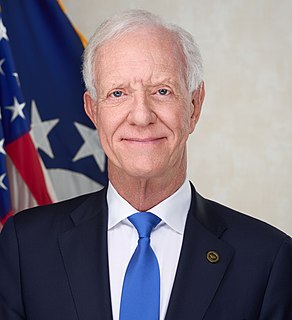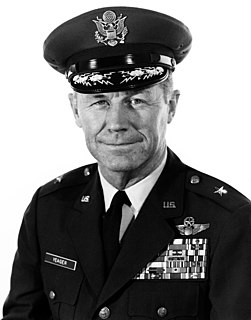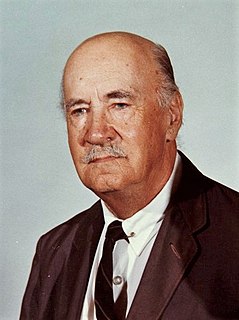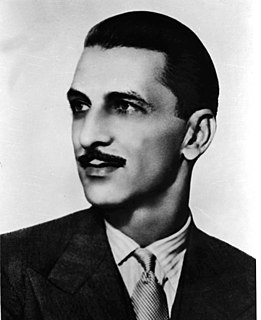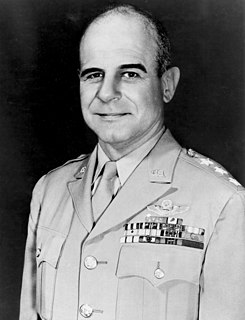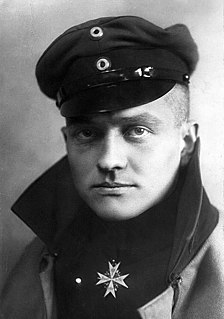A Quote by Hanna Reitsch
Professor Focke and his technicians standing below grew ever smaller as I continued to rise straight up, 50 metres, 75 metres, 100 metres. Then I gently began to throttle back and the speed of ascent dwindled till I was hovering motionless in midair. This was intoxicating! I thought of the lark, so light and small of wing, hovering over the summer fields. Now man had wrested from him his lovely secret.
Related Quotes
With Jorginho it depends what type of football you want to play. If you want to play possession where you have the ball all the time and you play a lot of passes, there are not many as good as him around. If you ask Jorginho to cover 50 metres of pitch in width and get all the balls back, it's going to be difficult.
Speed is the form of ecstasy the technical revolution has bestowed on man. As opposed to a motorcyclist, the runner is always present in his body, forever required to think about his blisters, his exhaustion; when he runs he feels his weight, his age, more conscious than ever of himself and of his time of life. This all changes when man delegates the faculty of speed to a machine: from then on, his own body is outside the process, and he gives over to a speed that is noncorporeal, nonmaterial, pure speed, speed itself, ecstasy speed.
I grew up in a humble neighbourhood in Argentina called Dock Sud. From my house, about 200 metres away was a football pitch. That's where I spent my childhood. It's a neighbourhood where everybody helped each other because there was a lot of difficulties. There, I grew up happily, because I learned a lot of things.



















